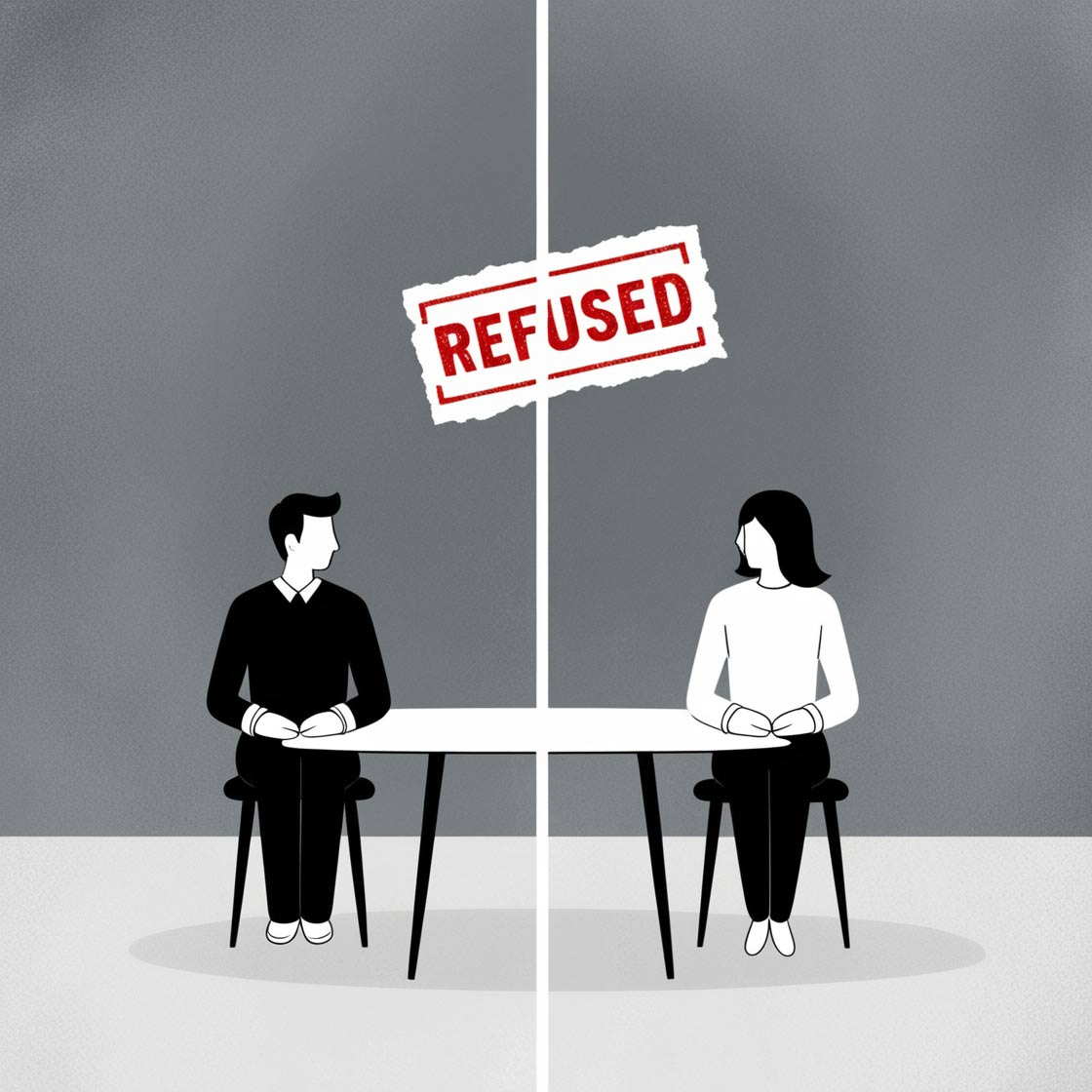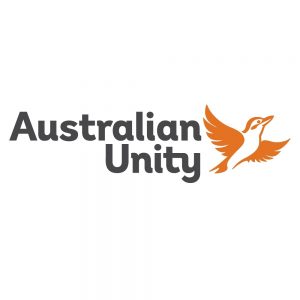Partner visas are one of the pathways for people with partners intending to reside together in Australia. The visa also allows people from other countries to join their partners for quite some time in Australia. However, rejection of the partner visa application can be a very stressful and costly trial.
Do not worry—partner visa refusal is not the end of the road for this partner visa. On this one you can appeal and, at times, try to reverse the decision of refusal. Information on the most common reasons for the refusal of the partner visa, the procedure for the procedure for appealing against refusal, and some tips that may be useful during the appeal process will be provided in this article.
Common reasons for Partner Visa Refusals
Australia’s Department of Home Affairs considers thousands of partner visas every year, and not all are approved. This is best illustrated by partner visas where the refusal rate is known to be higher as can be seen below showing some of the general reasons why the visas are refused. Let’s take a closer look at the most frequent causes of partner visa refusals:
Insufficient Evidence of a Genuine Relationship
One common defense is the lack of proof that a relationship exists and is ongoing All of the following are reasons often given for the existence of PRS. Due to this, the DHA requests the applicants to support their claim that the relationship is not formal but genuine to satisfy the visa requirement.
DHA defines a genuine and continuing relationship as such loyalty from concerned individuals to one another for each other, implying a commitment to each other’s involvement and having the intention to continue having the relationship in the future.
Common documentation gaps include:
- Lack of proof of cohabitation (e.g., joint lease or utility bills).
- Insufficient evidence of financial interdependence (e.g., joint bank accounts or shared expenses).
- Limited social or family ties (e.g., photos together or letters from friends/family confirming the relationship).
With such evidence, the DHA may conclude that the relationship is genuine.
Inconsistent or Contradictory Information
Any contradiction or inconsistency in the information you offer in the application will lead to disapproval. This can happen if you give them inconsistent dates, addresses, or any other information that contradicts each other this is in relation to their interviews or their documentation.
For instance, if you state two various dates at the beginning of a relationship or use contradictory statements about how long you lived together, this will create suspicion. The DHA may challenge your integrity or the information given to them.
Lack of financial commitments
Tying up great resources is important and impacts the application process for a partner visa. Providing for financial problems shows that the two are willing to work together to solve common crises in the relationship. This can, for instance, be in the form of having a joint account, sharing a loan, or having someone else pay for your lease.
Common issues include:
- No joint accounts or shared financial responsibilities.
- No evidence of financial support from the partner.
- Inactive joint accounts that do not show regular activity or shared expenses.
Without proof of these commitments, your application may lack the evidence needed to show that you are in a committed, long-term relationship.
Inadequate Proof of De Facto Relationship (if applicable)
As for the de facto partners (people who have lived together in the same household for more than a year and are not married), the DHA demands good evidence of the couple’s cohabitation and common financial and domestic burden. The inability to respond to the 12-month cohabitation requirement is one of the major problems that most de facto applicants face.
Common issues include:
- Not living together long enough (less than 12 months).
- Insufficient evidence that you share a home (e.g., utility bills, lease agreements).
- Extended periods of separation with little documentation of the relationship during those times.
Failure to Meet Health and Character Requirements
The DHA has special health and character requirements that the applicants and their sponsors must fulfill. Some common reasons for rejection are:
- Applicants that have criminal backgrounds.
- Not meeting the medical standards that are demanded by society, having some illness or health problems.
One may need to provide medical fitness and or police clearances as part of the visa application requisites under the DHA. Any troubles here may result in a refusal if the controllers decode the message in such a manner.
Ineligibility
The eligibility of your sponsor is equally as crucial as your eligibility. To act as a sponsor the applicant must be an Australian citizen or a permanent resident, must be able to pay the costs related to the partnership, and should not have sponsored more than one partner in a year or more than one partner within three years.
Common issues with sponsors include:
- The sponsor has sponsored another partner in the past.
- The sponsor has limited financial capacity to support the applicant.
- The sponsor has a criminal record or other ineligibility factors.
Insufficient Documentation or Errors in Application
The most obvious cause of refusal is the provision of incomplete documents or some mistakes in the application. Any signature that is missing, form, or required document may be a cause for an automatic rejection. These causes can be:
- Incomplete application forms.
- Missing required documents like proof of identity, proof of relationship, or medical checks.
- Errors in the application lead to discrepancies in information.
Misrepresentation of Fraudulent Documentation
It is most important not to give false information on your partner visa application, as it has serious repercussions that can leave one blacklisted from applying for any other visa to Australia. This can include the production of fake documents, fake photos or otherwise stating your marital status is perfect when you are a divorcee.
The consequences for such actions include:
- Visa refusal.
- A ban on applying for future visas for several years.
- Deportation in extreme cases.
How do you appeal for a refused partner visa?
When a couple receives a partner visa refusal it can seem like the end of the world, but that is not the case. It is, however, possible to contest the outcome and perhaps force a change of mind on the part of the refuser. Here’s a step-by-step guide on how to appeal a refused partner visa:
Review the refusal letter
The first procedure that you should follow keenly will involve a consideration of the refusal letter by the Department of Home Affairs. This letter will clearly state the specific reasons why you had no option but to refuse him/her. These are some of the reasons and you must grasp these reasons all to appeal this decision.
You should look out for:
- Particular grounds for refusal (for example, lack of materials, failure of compliance with necessary characteristics).
- Possible errors or inconsistencies in the decision.
- Deadline to launch an appeal.
The knowledge of why it is being refused will assist you in acquiring all the paperwork that will be required to solve the problem.
Determine Eligibility for Appeal
After perusing the refusal letter the next step is to establish if one has the right to appeal. Normally you have up to 21 days of the refusal for filing an appeal with the Administrative Appeals Tribunal (AAT).
Check the following:
- Are you within the appeal deadline?
- Is your visa type eligible for an appeal to the AAT?
- Are you qualified for the procedural requirements to appeal the decision?
If you satisfy all the requirements of appeals, then you should go ahead and file the appeal.
Seek professional advice
Refusal of a partner visa is a complicated matter and a person should consider seeking help from the migration agent. Migration agents are professionals who provide legal advice on your case, advice on preparing supporting documents, and advice on any appeal process.
Lodge an Appeal
After you have prepared your appeal, there is a need to lodge it at the Administrative Appeals Tribunal (AAT). An appeal can also be made online on the AAT website or following the procedure indicated in the refusal of an appeal letter.
Key points to remember:
- There is an application fee for appealing. The standard application fee is $1,121, with a concessional fee of $100.
- Make sure to submit all the requested documentation.
- Double-check that all forms are filled out accurately.
Preparing Supporting Evidence
One of the most critical parts of your appeal is gathering additional supporting evidence. Address the reasons for your visa refusal directly by providing stronger proof of your genuine relationship, financial commitments, or health and character requirements.
Consider including:
- Updated financial documents, such as joint bank accounts or shared bills.
- Additional letters or affidavits from family or friends supporting your relationship.
- Proof of health and police checks if these were issues in the refusal.
It is often beneficial to consult with an immigration lawyer to ensure your evidence is comprehensive and well-organised.
Attend the Tribunal Hearing
Once you have lodged your appeal, you may be requested for a hearing with the AAT. In this hearing, you will also be allowed to state your case and whatever evidence you may wish to present.
Tips for the hearing:
- Quite often, you might be interviewed again and be expected to answer questions and explain any gaps that you had noted earlier in your CV or form.
- Lockdown, keep your wits about you and just give straight facts.
- Ensure you get all your documents that support the refusal when attending the hearing because you will be expected to explain how each of the reasons for refusal is handled.
Await the Outcome – Stay Positive and Focused
At the end of the hearing, the AAT determines the application and a decision. The outcome can be one of the following:
- The refusal is reviewed, and the visa grant is made.
- The refusal is confirmed, and you are rejected visa.
- The case is remitted back to DHA and it is expected that better decision making will be arrived at on account of these arguments.
This takes several months, and thus it is good to stay as hopeful as possible for the results of the process.
Alternative Options if the Appeal is Unsuccessful
In the event that your appeal is dismissed, there are other courses of action that one can take. The first and possibly the only remedy that can be sought if one feels that there has been a legal mistake in the decision-making process is a judicial review. Or, you may consider yet another visa, which is the visitor visa through which you can stay in Australia as you weigh your next move.
Practical Tips for a Strong Appeal
Challenging a partner visa refusal can be a daunting task but with the following techniques, you put yourself in a better place to achieve a positive result. Here are some practical tips for making your appeal as strong as possible:
Be Thorough with Your Evidence
When making a case on the reasons for refusal ensure that the documentary evidence submitted is complete and relevant. There is no reason why you should not include as many documents as you can to support your application.
Stay Organised
Track all deadlines and create a checklist of required documents to ensure nothing is missed. Keep copies of everything you submit.
Seek Legal Advice
It helps to seek advice from an experienced migration lawyer or an agent who will explain the entire legal process to you and possibly build your case. They can help to find out if there are any gaps in your application or not.
Understand the AAT process
Acquaint yourself with some of the more common AAT practices relating to the hearing process. Learn what they want to hear, how to argue your case, and how to answer questions from the tribunal.
Remain Honest and Transparent
Avoid providing false or misleading information. Misrepresentation can lead to severe consequences, including a ban on future applications.
Be Patient and Stay Positive
The appeals process can also be time-consuming but do not despair. To be positive, to work on the cases, to believe in the best outcome, and let it happen.
Need Help with Getting Australian Visas or Visa Appeals?
If you are unclear about the refusal or an appeal of the visa, consult a professional immigration lawyer. Grace International Education and Migration can assist you on a one-on-one basis depending on the type of appeal process you are undergoing.
Contact our website or call us at +61 (03) 9662 9020 to begin a beautiful life with your partner in Australia.








